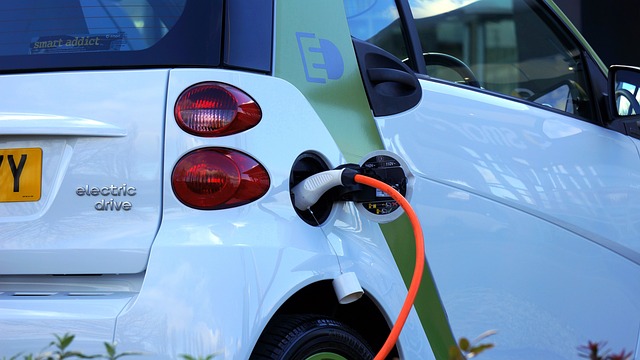Fuel Considerations When Buying a Car: Choosing the Right Option for Your Needs
When purchasing a car, one of the most critical decisions you’ll need to make is selecting the right fuel type. This choice affects not only the vehicle’s performance and fuel efficiency but also its environmental impact and overall cost of ownership. Here’s a comprehensive guide to help you navigate the various fuel considerations when buying a car.
1. Gasoline (Petrol):
Gasoline, also known as petrol, remains the most common type of fuel used in vehicles worldwide. Here are some key considerations:
Performance and Affordability:
Gasoline engines offer a good balance of performance and affordability, making them suitable for a range of drivers. You’ll find many different types of gasoline cars available to purchase and many car finance options available for them as they are such a popular vehicle type.
Availability:
Gasoline is readily available at most fuel stations, ensuring convenience for drivers on the road.
Emissions:
However, gasoline-powered vehicles produce emissions such as carbon dioxide (CO2), nitrogen oxides (NOx), and hydrocarbons (HC), contributing to air pollution and greenhouse gas emissions.
2. Diesel:
Diesel fuel is another popular option, especially for drivers seeking better fuel efficiency and torque. Here’s what to consider:
Fuel Efficiency:
Diesel engines typically offer better fuel economy and higher torque output compared to gasoline engines, making them ideal for long-distance driving and towing.
Emissions:
However, diesel engines produce emissions such as particulate matter (PM), NOx, and sulfur dioxide (SO2), posing environmental and health concerns, particularly in urban areas.
Maintenance:
Diesel engines may require specialized maintenance and emissions control systems, contributing to higher ownership costs.
3. Hybrid:
Hybrid vehicles amalgamate internal combustion engines with electric motors, aiming to enhance fuel efficiency and mitigate emissions. Consider the following:
Fuel Economy:
Hybrid systems seamlessly switch between the internal combustion engine and electric motor, offering improved fuel economy compared to traditional gasoline or diesel vehicles.
Environmental Impact:
Hybrid cars produce fewer emissions and reduce fuel consumption, making them environmentally friendly options.
Cost:
While hybrid vehicles may have higher upfront costs, drivers can benefit from long-term fuel savings and potential tax incentives or rebates.
4. Electric:
Electric vehicles (EVs) use rechargeable batteries to power electric motors, offering zero tailpipe emissions and lower operating costs. Here’s what to know:
Zero Emissions:
EVs produce zero tailpipe emissions, decreasing air pollution and dependence on fossil fuels.
Charging Infrastructure:
Consider the accessibility of charging infrastructure in your area, including home, public, and fast-charging networks.
Range and Charging Time:
EV range and charging time vary depending on the model and battery technology, so consider your driving habits and charging needs.
Conclusion:
Choosing the right type of fuel when buying a car is essential for meeting your transportation needs while considering factors such as performance, fuel economy, environmental impact, and infrastructure availability. Whether opting for gasoline, diesel, hybrid, or electric vehicles, understanding the benefits and limitations of each fuel type can help you make an informed decision that supports your priorities and preferences. By weighing these considerations carefully, you can select a vehicle that meets your needs while minimizing its environmental footprint and maximizing your driving experience.

